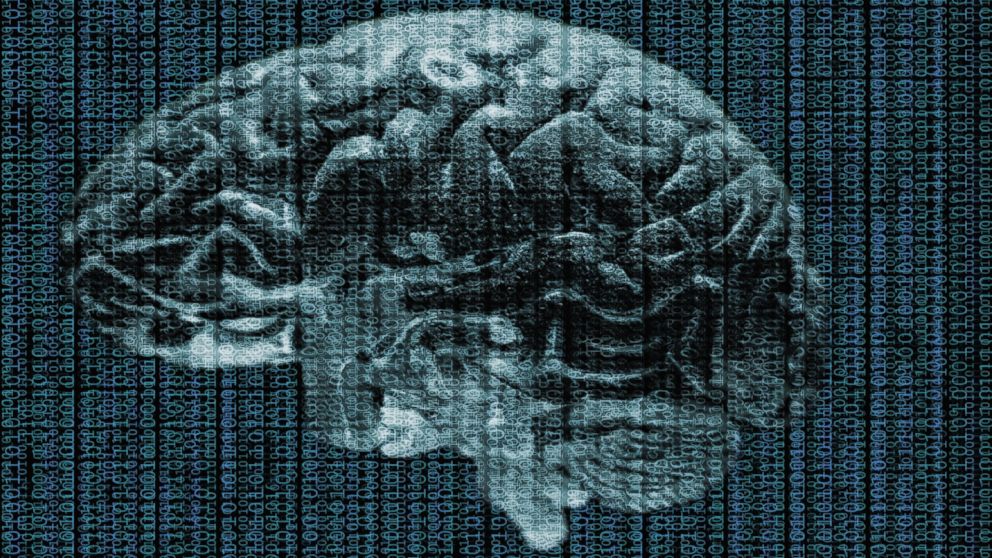War May Have Made Us Smarter
The need to win wars led to bigger human brains, scientist concludes.

— -- It's no secret that we humans are fat headed, or at least fat brained. We arrive on this planet with a brain that is much larger than it should be, based on our body mass, and it is also far more complex than the brain of even our closest non-human relatives.
The question is, how did it get that way? A huge brain is a pain in the head because it soaks up about 20 percent of the energy consumed by the human body, yet it accounts for only about 2 percent of total body weight.
Its complexity makes it possible to compose music and write science articles, but it also facilities all sorts of problems ranging from mental illness to our inability to sometimes get along with others.
In other words, it would seem to be an evolutionary liability. That's why scientists have argued for decades over why it grew so fast.
The brain size in the genus Homo tripled in size in just 2 million years, a brief timespan for such an enormous change. If there is a consensus it is that the explosive growth in the size of the Homo brain began, at least, with our first efforts to work together in small groups to facilitate hunting and gathering.
That brought about all kinds of changes, including diet, cooperation, and conflict within the group. But the biggest change, according to new research from the University of Tennessee, Knoxville, was competition with other groups which led to armed conflict and ultimately all-out war.
Sergey Gavrilets, professor of evolutionary biology and mathematics at the university and associate director of the National Institute for Mathematical and Biological Synthesis, has concluded that we figured out how to fight other groups before we even learned how to manage conflicts within our own group.
So it all began with prehistoric conflict, when the person who invented the spear reigned for a very brief period as the most powerful human on the planet. His or her genes were guaranteed passage to the next generation through natural selection, and that progress led ultimately to mushroom clouds.
Gavrilets based his conclusions on mathematical modeling, which uses mathematical language and concepts to study the past and forecast the future.
"My results suggest that collaborative ability is more likely to evolve first by between-group conflicts and then later be utilized and improved in games against nature" (like hunting and fending off predators) he said in his study, published in the Journal of Royal Society Interface.
If you want to go forth and conquer the world, you need to set your own house in order, so it was conflicts with other groups that led to more efficient social structures within groups, not the other way around, he argues.
While many biologists will undoubtedly disagree with his conclusions, they aren't totally inconsistent with the world around us. Much progress, including the technology that led to the electronic device you are using to read this column, grew out of efforts to win wars. That may not be why we have such big brains, unless Gavrilets is right, but clearly intellectual growth and social complexity go hand and hand with conflict, prehistoric or modern.
But why did only the genus Homo wind up with a huge brain? If there is an evolutionary advantage to it, why is the brain of our closest relative -- the chimpanzee -- only a third as large as ours, on a brain-to-body-mass ratio?




